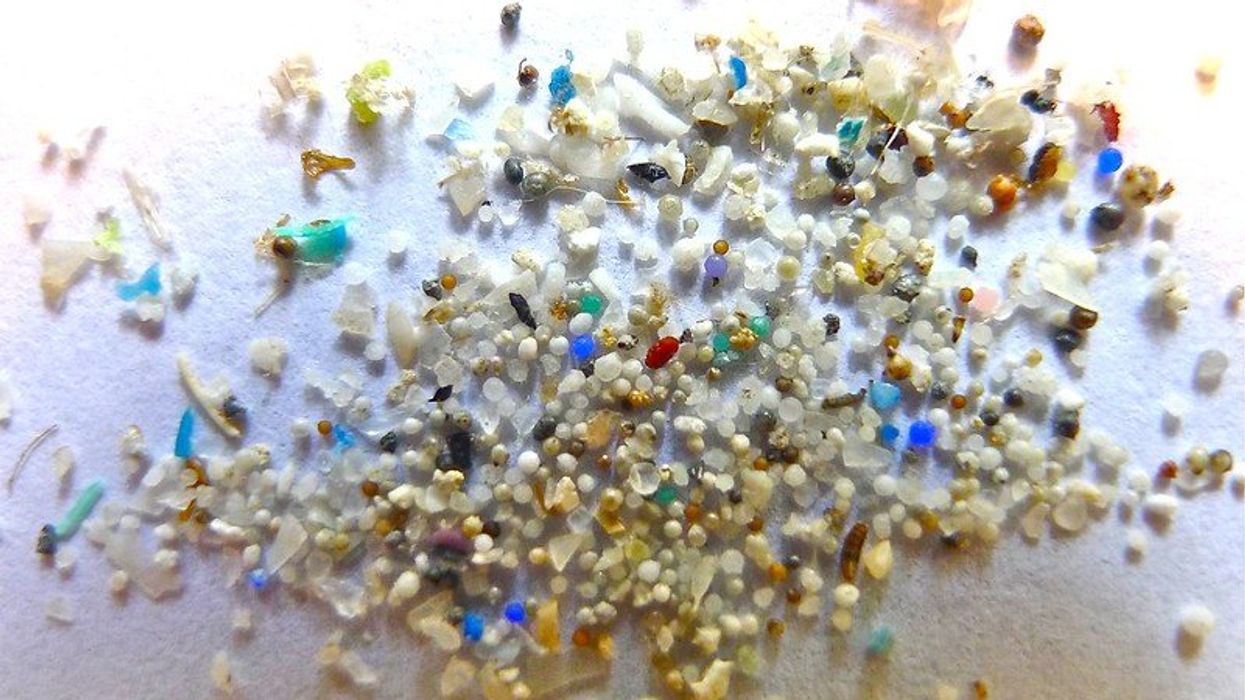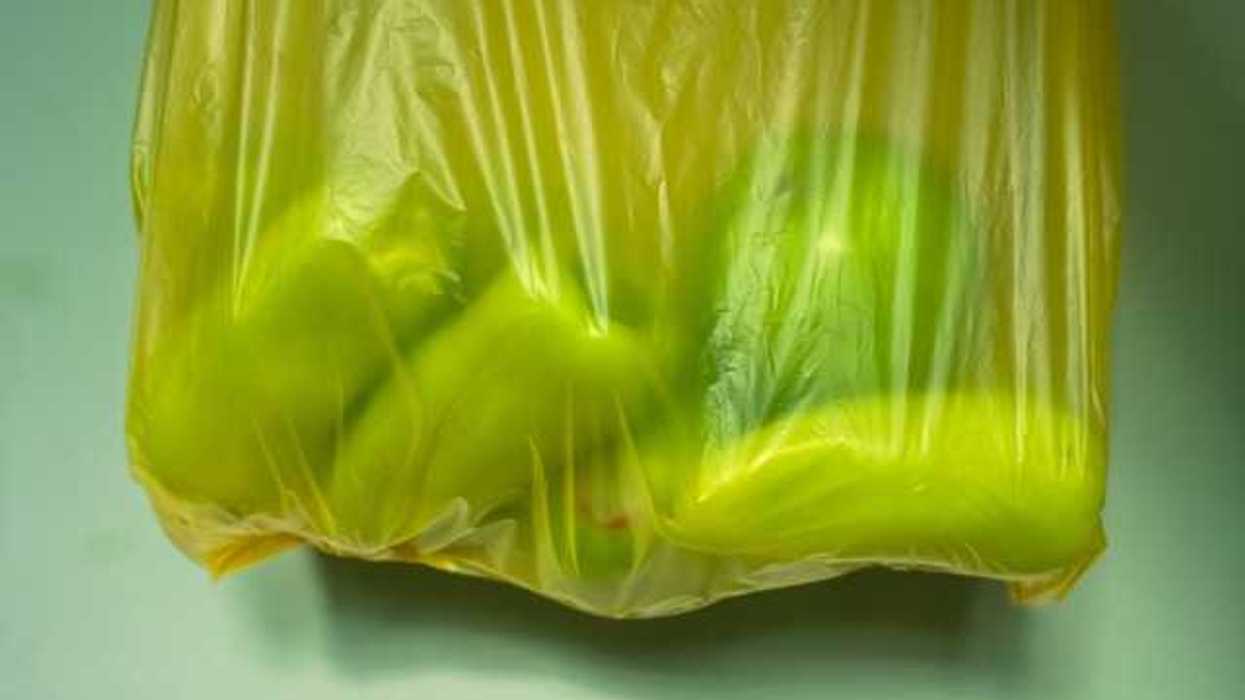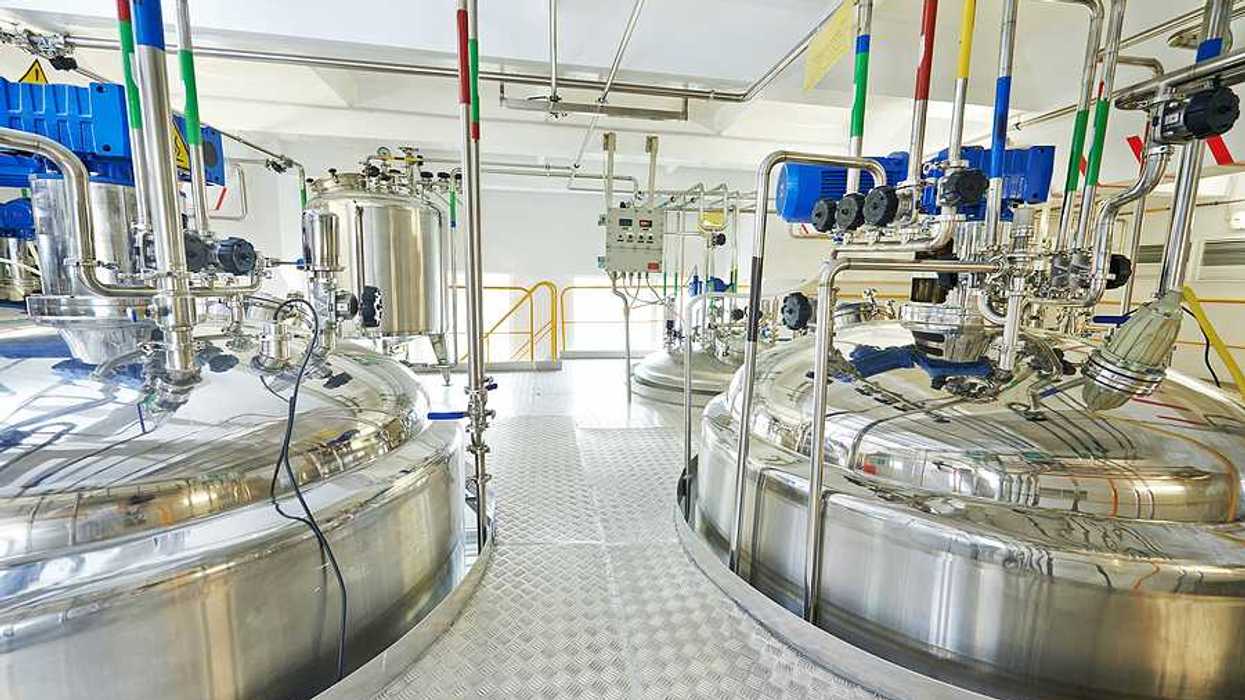Exposure to microplastics is associated with a decrease in sperm concentration, motility, and shape, according to a new study published in The Lancet.
In short:
- Researchers examined semen and urine samples from men in China and found microplastics in every sample, with most participants exposed to between 3 - 5 of the eight types of plastic tested for.
- Exposure to multiple different microplastics resulted in significantly more reproductive damage than exposure to one type alone.
- While there was some variation in the types of microplastics detected in each region, overarching trends were consistent regardless of location, suggesting that exposure is widespread.
Key quote:
“The identification of non-stick pan coating material PTFE as a particularly hazardous microplastic for male fertility underscores the importance of targeted interventions to reduce exposure to this and similar substances.”
Why this matters:
Plastic use has continued to grow exponentially since the mid-twentieth century, with nearly a metric ton of plastic waste produced for every person on the planet. With growing evidence of microplastics’ ability to accumulate in human tissue - and potentially even cross through cell membranes - the authors of this study highlight the urgent need for more research on plastic pollution’s impacts on human fertility.
Related EHN coverage:
- Microplastics continue to be found throughout human reproductive system, including the uterus
- Op-ed: Strengthening microplastic regulation to protect our kidneys
More resources:
- NPR: Environmental Health Sciences Senior Scientist Dr. Shanna Swan comments on a recent microplastics study in Plastic junk? Researchers find tiny particles in men's testicles.
- Plastic Pollution Coalition: Plastic Harms Men’s Fertility: How to Protect Your Health
- How microplastics are infiltrating the food you eat ›
- Microplastics are everywhere: Is it possible to reduce our exposure? ›
- Cell phone radiation can harm sperm and testes in animals - EHN ›

















